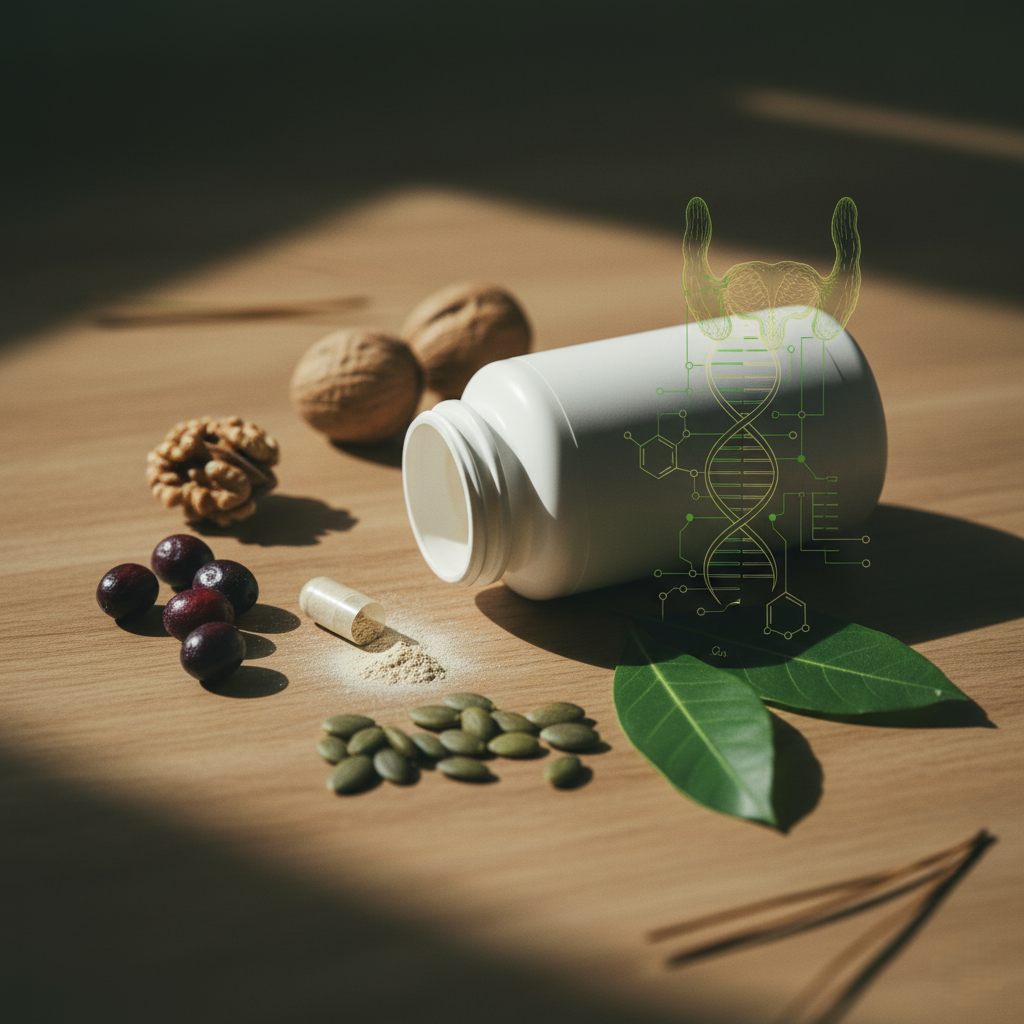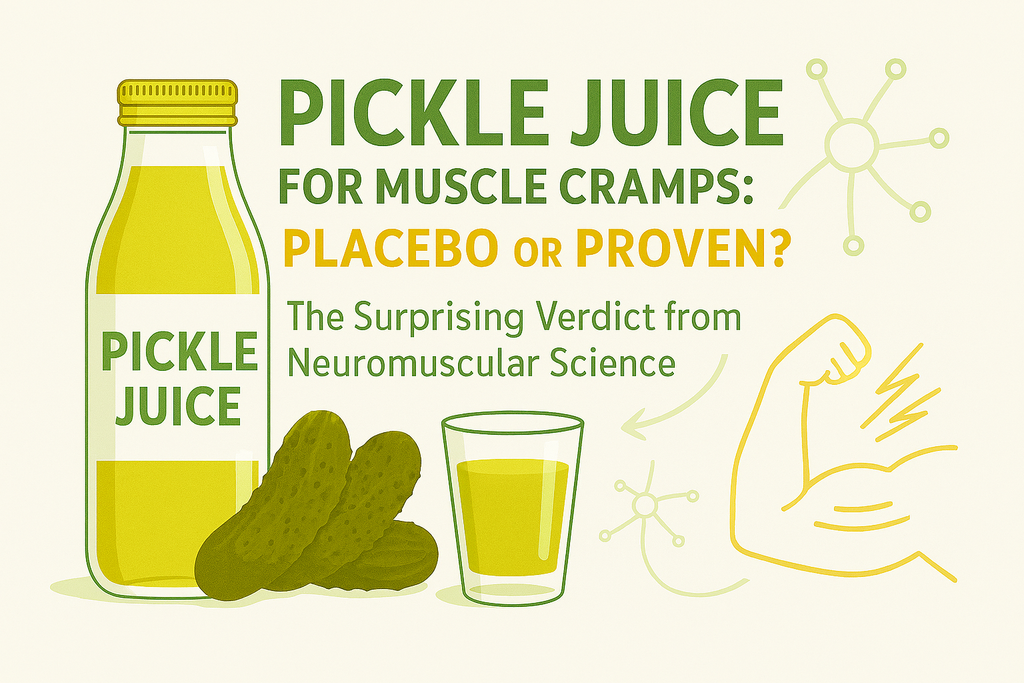News
Best Brain & Cognitive Health Supplements in 2026
brain health cognitive supplements focus memory nootropics
Looking for the best brain and cognitive health supplements? Whether you want to improve memory, enhance focus, or support long-term brain health, the right nootropics can make a real difference. In this guide, we'll explore the most effective brain supplements available in 2026, backed by science and carefully formulated for optimal results. What to Look for in Brain & Cognitive Health Supplements When choosing supplements in this category, consider the following factors: Bioavailability - Choose forms that cross the blood-brain barrier effectively Research-backed ingredients - Look for clinically studied compounds like Alpha GPC and Bacopa Third-party testing - Ensures purity...
The Phytosterol Solution: Beta-Sitosterol for Proven Relief of Enlarged Prostate Symptoms
Beta-Sitosterol BPH relief enlarged prostate
Dealing with the frequent urgency and weak flow of an enlarged prostate (BPH) can severely impact a man's life. The good news is that a naturally occurring plant compound, **Beta-Sitosterol**, offers a scientifically proven path to significant relief. This phytosterol, abundant in nuts and seeds, has been rigorously studied for its ability to target and alleviate the most disruptive symptoms of BPH.
This article delves into the mechanism of beta-sitosterol, revealing how it improves urinary flow (Qmax) and reduces frequency (IPSS) by targeting inflammation and promoting better prostate function. Learn the evidence-based dosing, the difference between its effect and prescription drugs, and how a high-quality supplement like Beta-Sitosterol 1000 mg can be a cornerstone of your long-term prostate health plan.
The 10-Minute Morning Sunlight Protocol to Reset Your Circadian Rhythm and Boost All-Day Energy
circadian rhythm energy boost morning sunlight
Tired of relying on caffeine to drag yourself through the morning? The secret to sustainable, all-day energy isn't a new diet or supplement—it's a simple, free, **10-minute protocol** rooted in **circadian biology**. Your body’s master clock (the SCN) is governed by light, and most people are unintentionally disrupting it by staying inside in the morning and staring at screens at night.
This article reveals the science behind the **10-Minute Morning Sunlight Protocol**, explaining how a brief dose of blue-rich natural light upon waking powerfully suppresses the sleep hormone melatonin and spikes cortisol to set your daily alertness schedule. We'll show you how to execute this ritual flawlessly and how to stack it with an internal powerhouse like PQQ 20 mg to support the mitochondrial energy required for all-day performance.
The Runner's Anti-Hyponatremia Plan: Tailoring Hydration to Every Training Phase
endurance running hyponatremia runner hydration
Hyponatremia, often called water intoxication, is the silent danger in endurance running. It occurs when a runner drinks too much plain water or low-sodium sports drinks, diluting the vital sodium concentration in the blood—a risk often greater than dehydration itself. The consequences can range from confusion and severe headache to life-threatening cerebral edema.
This comprehensive guide provides The Runner's Anti-Hyponatremia Plan, moving beyond generic advice to scientifically sound, phase-based hydration. Learn how to perform a personalized **sweat rate test**, understand the critical **sodium concentration** needed in your race-day drinks, and implement pre-race strategies to ensure you maintain the delicate balance between fluid and electrolytes, all while supporting your body's energy pathways with foundational nutrients like Vitamin B1 Liquid Drops.
Pickle Juice for Muscle Cramps: Placebo or Proven? The Surprising Verdict from Neuromuscular Science
exercise associated muscle cramps muscle cramps pickle juice
The cure for a painful, mid-race muscle cramp might be found not in a sports drink, but in a shot of salty, sour **pickle juice**. For years, this folk remedy was dismissed as nothing more than an electrolyte fix. However, cutting-edge **neuromuscular science** has delivered a surprising verdict: pickle juice is proven to work, but not for the reason you think.
This article dives into the **neurological mechanism** behind pickle juice's rapid action. The key isn't fast electrolyte absorption (which takes too long), but a potent **sensory reflex** triggered by the vinegar's intense flavor. We break down the science of how this simple, acidic drink sends a "shock" signal to the spinal cord, effectively resetting the hyperexcitable motor neurons and stopping a cramp in under a minute, turning a kitchen staple into a legitimate athletic rescue tool.




